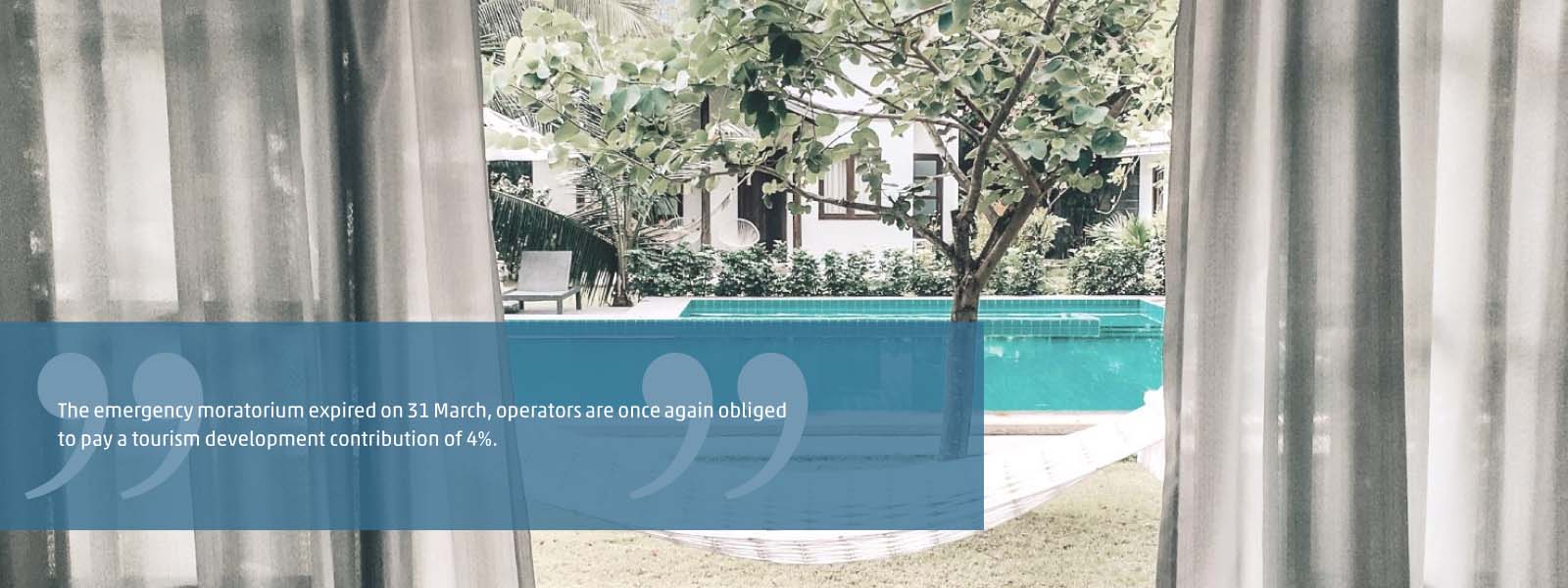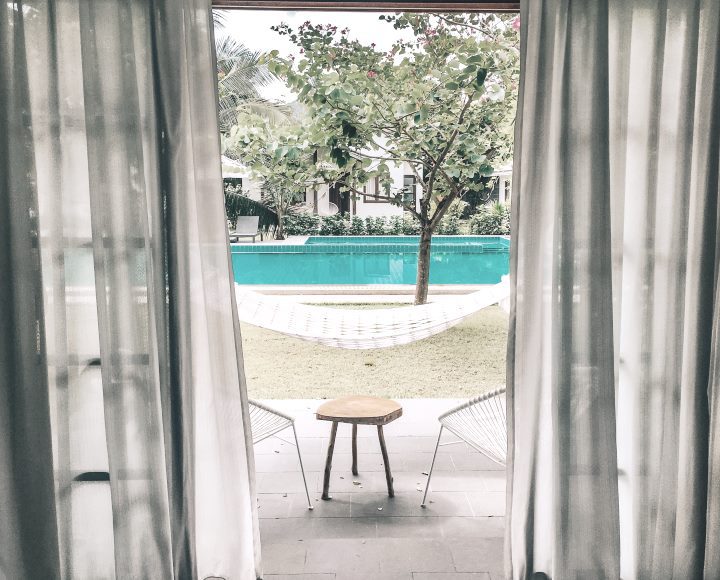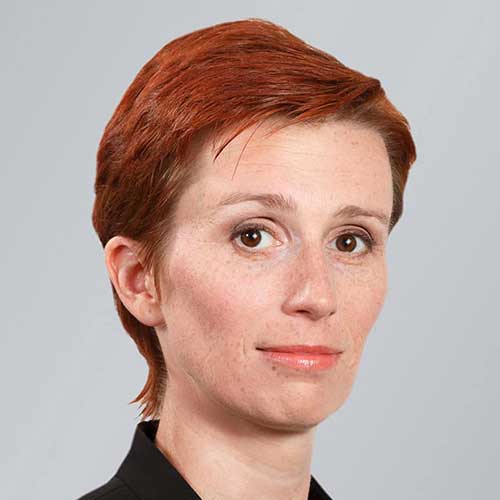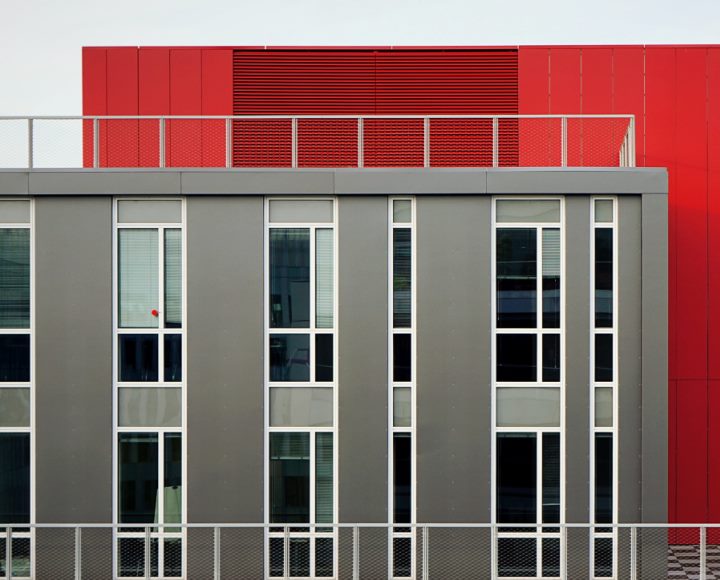The summer season will soon be over, but it’s still not too late to have a think about the tax issues that arise with accommodation services in Hungary. This is because given the prolonged good weather and the desire to avoid the crowds, more and more people nowadays put their holidays off until September, and of course, you can’t start preparing for next year early enough. At the end of the summer, the Hungarian Tax and Customs Administration mainly checks restaurants, but tourist and accommodation services in and around holiday towns can find themselves under the spotlight too. In addition to hotels, many people choose to book private accommodation and apartments through online booking systems. If providing accommodation services is your source of income, and you don’t want any unpleasant surprises during a tax inspection, it’s important to be aware about what tax liabilities you will face.
Personal income tax payable on accommodation services in Hungary
In terms of taxing the income from accommodation services, an individual who does not wish to be taxed as a self-employed person can determine their tax liability in one of two ways: according to the rules for independent activity (calculating income using itemised cost accounting or the 10% cost method) or by opting for the itemised flat-rate tax.
An individual offering a private accommodation service may opt for itemised flat-rate taxation for the entire fiscal year if such activity is conducted in up to three apartments or holiday homes – other than those used for accommodation services – which they own or have a usufruct right for. If the accommodation service is provided to the same person and the number of days in the fiscal year exceeds 90 days, the itemised flat-rate tax may not be applied. The annual amount of the itemised flat-rate tax is HUF 38,400 per room, which is payable even if the individual opting for the itemised flat-rate tax does not offer the private accommodation service for the whole year, but only welcomes guests for a few months.
In some cases, in addition to paying personal income tax, there is also the 13% social contribution tax to pay.
Local taxes
Local governments may impose a tourism tax, building tax and property taxes (e.g. municipal and local business tax) on accommodation facilities registered in the given municipality. The tourism tax can be set at a flat rate (per person per night) or at a percentage rate. This is collected and declared by the accommodation provider.
What about VAT?
As confirmed earlier by the NAV, an individual who rents out one or more rooms or an entire property as accommodation through an online booking system such as Airbnb or similar qualifies as a taxable person under the VAT Act because of the business nature of the service, they must request a tax number and are also subject to the obligation to issue invoices for the commercial accommodation services they provide.
For the purposes of the Act on VAT, commercial accommodation services qualify as property letting. As a general rule, property letting is exempt from VAT, but this exemption does not apply to the use of property for tourism and tourist purposes, i.e. for commercial accommodation services. It follows that commercial accommodation services are a taxable activity in the VAT system. However, those renting out accommodation can opt for VAT-exempt status (in which case the annual threshold of HUF 12 million must not be exceeded). Those using a foreign online platform (such as Airbnb) must also have a VAT ID number and submit the relevant tax returns and recapitulative statements.
Don’t forget the tourism development contribution!
The emergency moratorium to support the tourism and hospitality sector expired on 31 March this year; consequently, operators are once again obliged to pay a tourism development contribution of 4% of the value of their services.
From 1 April 2023, in addition to commercial accommodation services provided for consideration, contributions must also be assessed, declared and paid on the supply of food and non-alcoholic drinks prepared on the premises of a restaurant.
It’s good to know that the NAV continuously monitors the turnover data of accommodation providers, catering businesses and tourist attraction operators transmitted to the Hungarian Tourist Information Centre (NTAC) in order to protect the budget and honest taxpayers and for the purposes of whitening the tourism and hospitality sector. In its risk analysis work, the Hungarian tax authority compares the NTAC data with the data in the returns, and takes action if it finds any discrepancy. In practice, this can mean a targeted tax inspection in the worst-case scenario, where problems can result in default penalties for non-compliance and tax penalties, but if more fortunate, taxpayers can find themselves subject to a compliance inspection or a cooperative procedure. In the latter case, it is possible to correct the errors without incurring serious tax penalties.
Use of foreign property as private accommodation
There may also be cases where the property in the name of the individual is located abroad. If you wish to use this as accommodation, you should check the relevant Hungarian legislation and the international convention on the avoidance of double taxation between Hungary and the country concerned (if there is any) whether the income is subject to Hungarian tax based on the residence of the private individual or is taxed in the country of the source of the income (location of property). Generally speaking, if there is a treaty, income from real estate property can be taxed in the country where the property is located, but in addition to income tax, you should also look carefully at other tax rules in that country.











